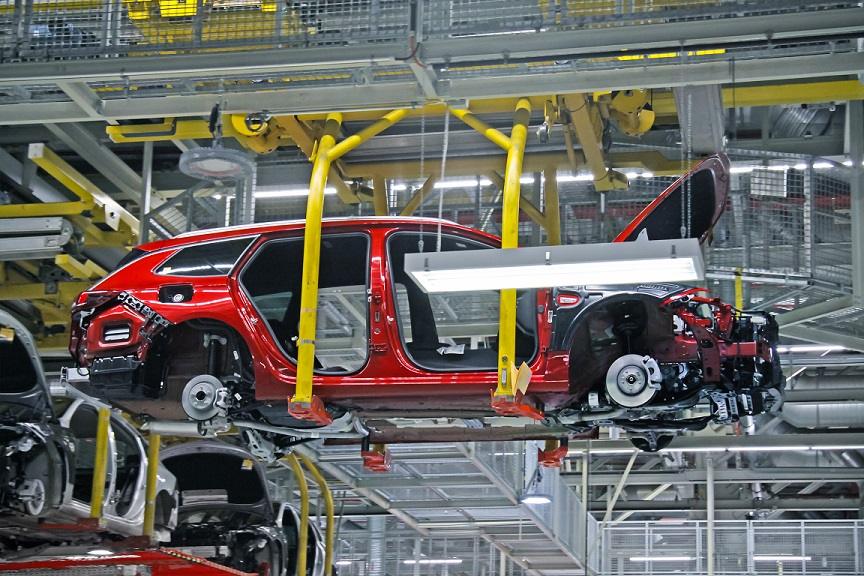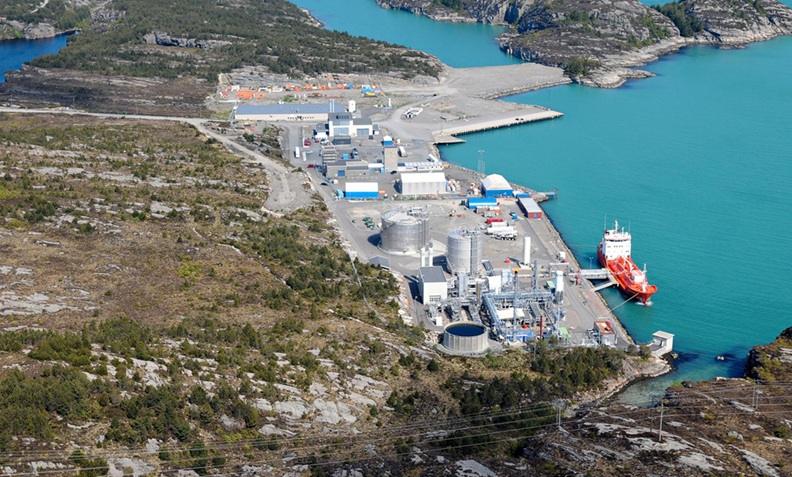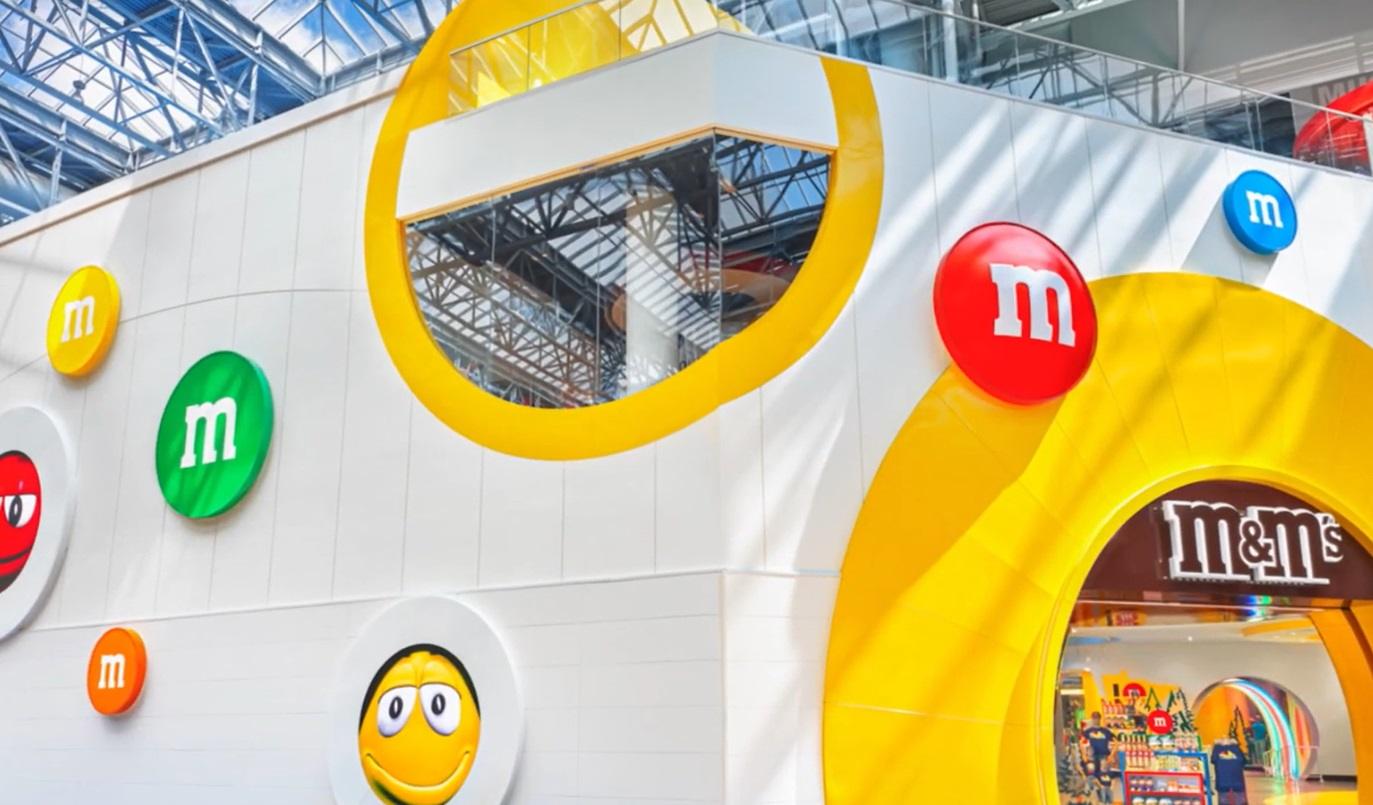Stellantis Aims for $2 Billion Revenues from New Vehicle Recycling and Reuse Business
Chrysler, Dodge, Jeep, and Citroen parent company Stellantis announced today its Circular Economy Business Unit plan, outlining its strategy for its new business aimed at extending the life of vehicles and returning material and end-of-life vehicles to the manufacturing loop for new vehicles and products.
The company aims to achieve over €2 billion in revenues from the business unit by 2030.
Stellantis initially unveiled its circular economy opportunity in March, as part of its new strategic plan, Dare Forward 2030, which envisions a major ramp in the electrification of the company’s vehicle fleet, and includes a range of sustainability goals such as achieving carbon net zero by 2038.
The company outlined the approach of the new business unit according to the “4R strategy” of reman, repair, reuse, and recycle. Remanufacturing activities will include dismantling, cleaning and remanufacturing used worn or defective parts to OEM specifications, with nearly 12,000 parts, including EV batteries, covering 40 product lines available. Under ‘Repair,’ worn parts will be fixed an reinstalled into customer vehicles, including at 21 global e-repair centers that will work on EV batteries. Reuse activities include recovering roughly 4.5 million multi-brand parts from end-of-life vehicles for sale through an ecommerce platform. Recycle includes feeding back production scraps and end-of-life vehicles into the manufacturing process.
Alison Jones, Stellantis Senior Vice President, Circular Economy Business Unit, said:
“With our 4R mindset, we are now scaling up with an intense rigor, building our capabilities, teams and facilities, while creating a smart, integrated ecosystem to better manage material scarcity and our drive to carbon net zero.”
According to Stellantis, the business unit has collected 1 million recycled parts over the past 6 months.
The new business unit plan calls for new circular economy hubs, including one recently launched in Italy, to host vehicle reconditioning, vehicle dismantling, and parts remanufacturing activities, as well as for the development of ‘local loops,’ to keep products and materials within countries.
Stellantis also announced the launch of SUSTAINera, a new label for parts and accessories, which indicates savings of up to 80% materials and 50% energy as compared to their equivalent new parts.
Jones added:
“The SUSTAINera label represents our promise to provide customers sustainable, transparent and affordable products and services to our customers for all brands of vehicles, without compromising quality, while preserving the environment through decreased waste and less use of our planet’s resources.”





